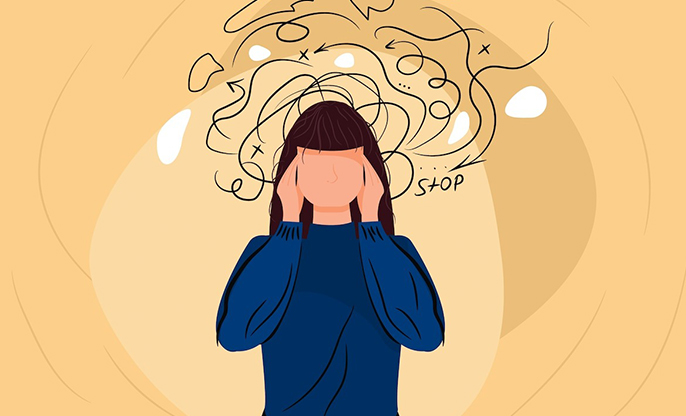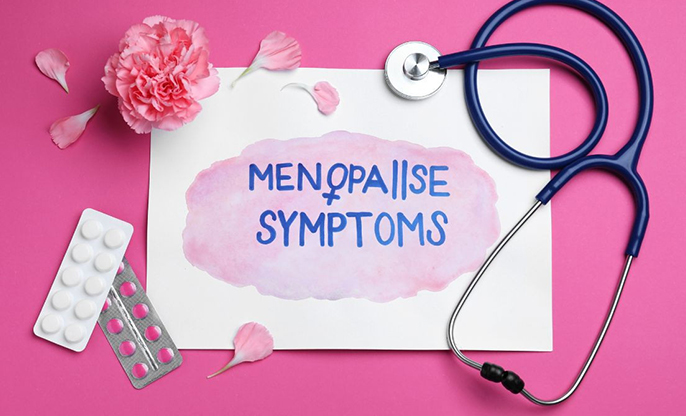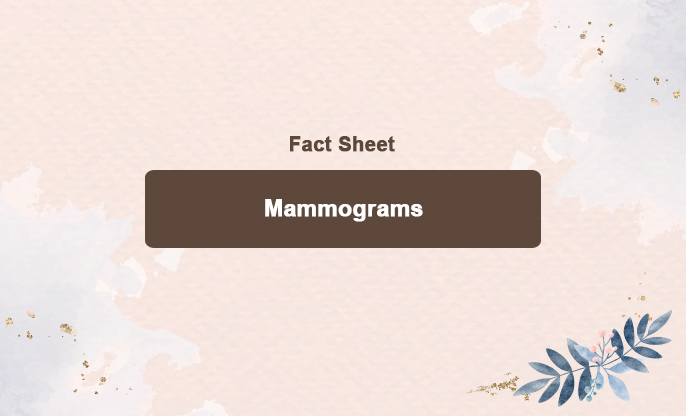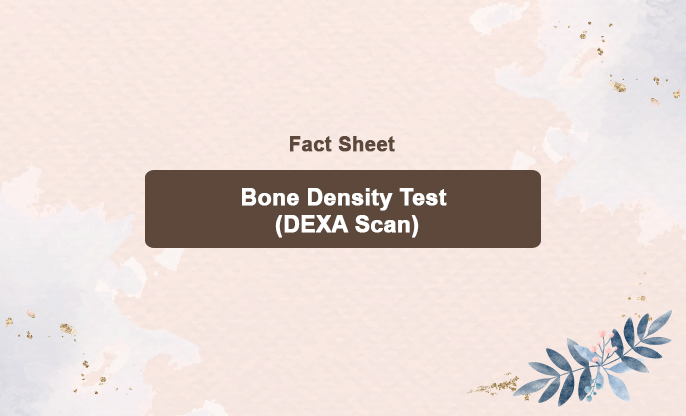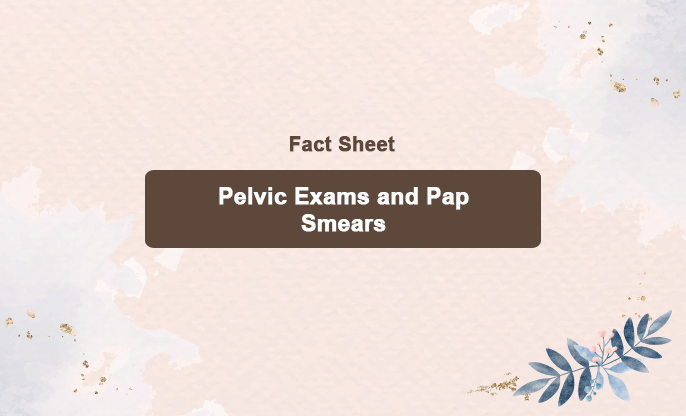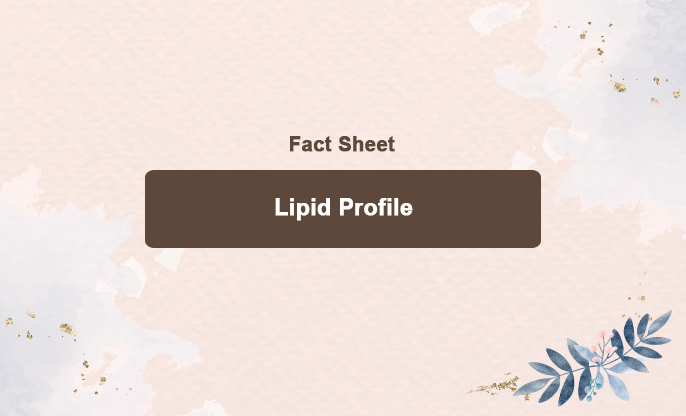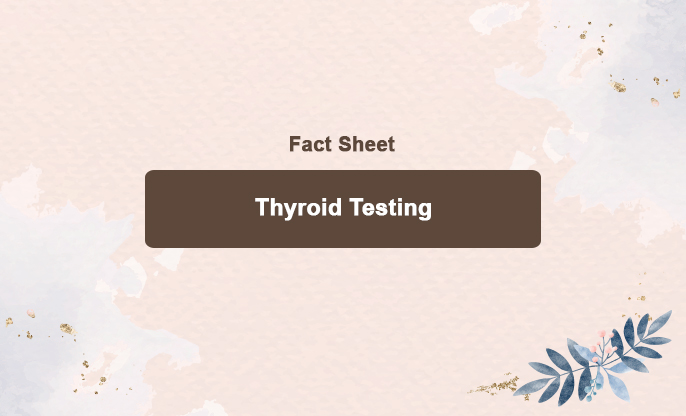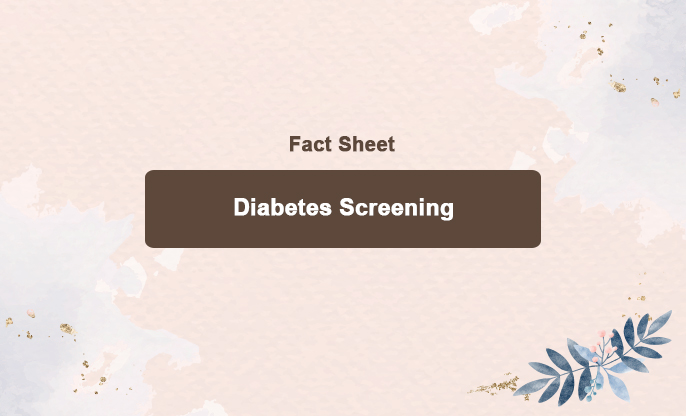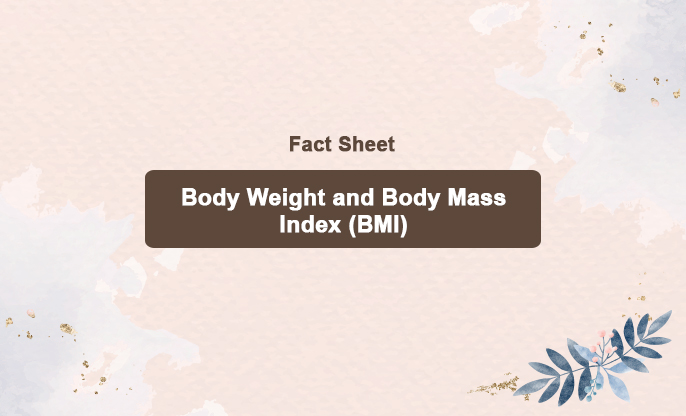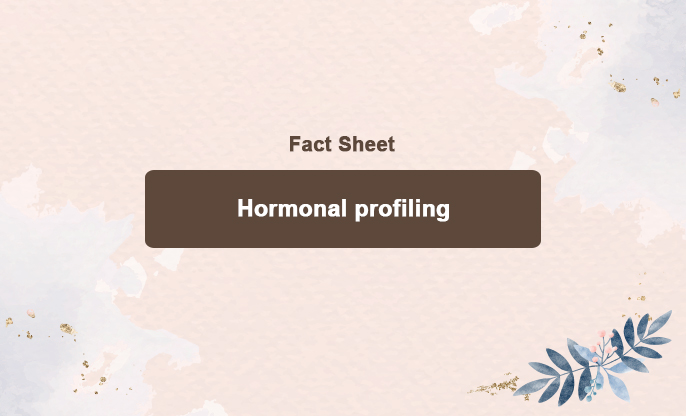
A Journey of Change
Menopause is often painted as the end of something; but truly, it’s a transition, a powerful shift in our bodies and minds. It’s not a sudden stop but a gradual change known as perimenopause, unfolding over years, eventually leading to menopause. Embracing this natural progression can empower us to navigate this phase with grace and positivity.
What Menopause Means - Menopause is diagnosed after going twelve consecutive months without a period, typically around age 51, though it can start in our 40s or earlier. This time, called perimenopause, varies in length and brings a myriad of changes due to shifting hormone levels.
The Shift Inside - The core of menopause is our body's natural downshift in reproductive hormones. Our estrogen and progesterone levels drop, ending our menstrual cycles. This shift doesn't just affect our ovaries; it influences multiple systems in our body, changing how we feel physically and emotionally.
Symptoms
Many of us will experience symptoms that impact our daily
lives:
● Hot flashes
and night sweats
● Changes
in our menstrual cycle
● Dryness
and discomfort
● Shifts in
mood
● Disrupted
sleep
● Changes
in desire
● Weight shifts and metabolism slowing down
Living Better
Through Menopause
There’s so much we can do to feel better:
● Eating Well: Adding foods
rich in phytoestrogens, calcium, and vitamin D.
● Staying Active: Regular
exercise can keep our weight in check and lift our spirits.
● Reducing Stress: Techniques like
yoga and meditation can soothe our nerves and improve our outlook.
● Considering HRT: With a doctor’s guidance, hormone replacement therapy can be considered, weighing its benefits against any risks.
Navigating
Emotions
This time can stir up a mix of feelings - from loss to anxiety to frustration. It's okay to talk about it, whether with friends, in support groups, or with a therapist. Sharing helps.
Changing
Perceptions
Society often doesn't celebrate aging. Let’s challenge that. Embracing a positive, vibrant approach to growing older can inspire not only us but others around us to see menopause not as an end but as a new chapter full of potential.
This Is Our Time
Menopause is a natural part of life, not a condition to dread. By understanding this phase and embracing holistic approaches to managing it, we can fully appreciate this milestone. Now is the time to focus on self-care, personal growth, and setting new, exciting priorities. Menopause is not just about aging; it’s about growth and empowerment. Let’s own this experience and make it profoundly ours.




